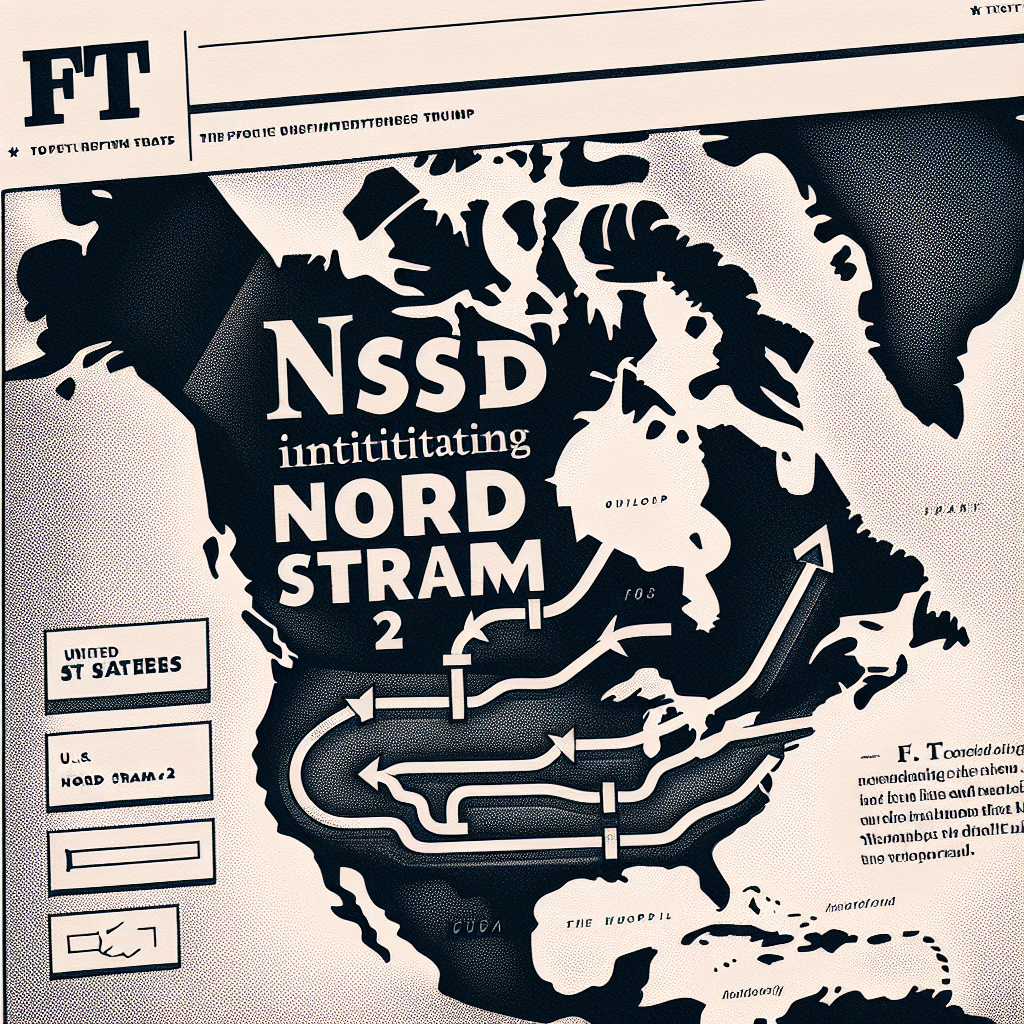US Considers Initiating Nord Stream 2 – FT
US Considers Initiating Nord Stream 2 – FT
Background
The Nord Stream 2 pipeline, a major infrastructure project designed to transport natural gas from Russia to Germany, has been a focal point of geopolitical tension. The pipeline, which bypasses Ukraine, has faced criticism from the US and several European countries due to concerns over energy security and increased European dependency on Russian gas.
Current Developments
According to a report by the Financial Times, the United States is contemplating the initiation of the Nord Stream 2 project under specific conditions. This move comes amidst ongoing debates about energy security and geopolitical stability in Europe.
Key Considerations
- Energy Security: The US is weighing the potential impact on European energy security and the strategic implications of the pipeline.
- Geopolitical Tensions: The project has been a point of contention between the US, Russia, and European nations, with concerns about increasing Russian influence.
- Environmental Concerns: Environmental groups have raised issues regarding the ecological impact of the pipeline.
- Economic Factors: The economic benefits for Germany and other European countries are being considered against the backdrop of potential sanctions and diplomatic fallout.
Potential Outcomes
The US decision on Nord Stream 2 could lead to several potential outcomes:
- Strengthened Alliances: A decision to support the pipeline could bolster US-European relations, particularly with Germany.
- Increased Tensions: Conversely, it could exacerbate tensions with Eastern European countries and Ukraine, who oppose the project.
- Policy Shifts: The decision may signal a shift in US energy policy and its approach to Russian relations.
Conclusion
The US consideration of initiating Nord Stream 2 reflects a complex interplay of energy security, geopolitical strategy, and environmental concerns. The outcome of this decision could have significant implications for international relations and energy policies in Europe and beyond.






































